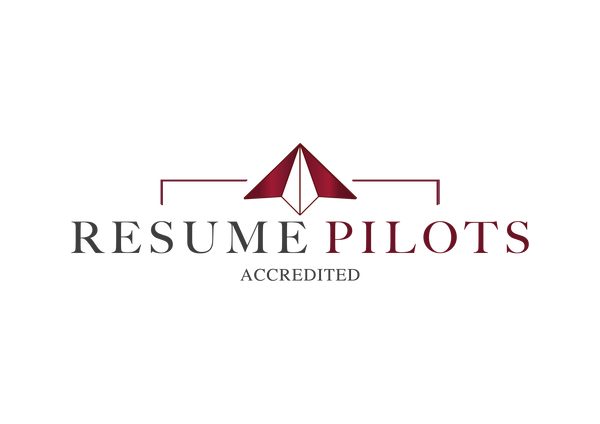
20 Questions To Help You Prepare For An Interview
Don't walk into an interview without researching the answers to these questions!
When working in a corporate role with United Airlines, I sat in on interviews with potential new hires.
There was one question in particular that made people freeze up – and their fumbled responses usually caused them to be cut from the next round of interviews.
The question?
“What do you know about United?”
A real answer:
“Ummm… it’s an airline.”
"That's all you have?" I wondered. "Really?"
Even if the rest of the interview went smoothly, such a feeble response (and its many variations) showed an utter lack of preparation.
When coming in for an interview, you need to know as much as you can about:
- The company
- The role itself
- The people you’ll be meeting
Before your next interview, run through this list of questions to ensure you are adequately prepared.
Although not all of the questions that follow will be directly relevant to your particular role in the organization, you should still be able to address them.
The company
- What does the company do?
- What is the history of the company? How has it evolved over time?
- What divisions is it made up of? How much does each division contribute to overall revenue?
- What new projects or initiatives is the company working on?
- What are some of the company’s biggest challenges and how is it (or should it be) addressing them?
- Did you listen to the latest earnings call?
- What is the company’s current stock price? What is influencing any recent changes?
- What are some of the latest articles about the company that you read in the media?
- What differentiates this company from its competitors?
The role itself
- What will you be doing?
- What skills or training do you have that make you qualified?
- How does this role contribute to the overall organization?
- Why are you interested in the role?
- In what ways are current trends affecting the future of this role?
- If you are applying for a technical role, have you prepared adequately for any potential case studies or problem-solving you’ll be asked to do?
The people you’ll be meeting
- Did you look up the leaders of the department on the company website or LinkedIn? What does the organizational chart look like?
- What are the backgrounds of the individuals who will be interviewing you?
- Have they been featured in any recent media interviews or released any publications?
- What experience or interests do you have in common?
- What cultural intricacies or customs could potentially come into play?
In Summary
If you're serious about getting an offer, it's worth putting in the hours of intensive interview preparation to maximize your chances.
Do your research and learn how to strategically structure your responses.
You'll feel more relaxed walking in the door, and more importantly, you'll be prepared to answer detailed questions that may come your way.
If you get nervous before interviews or get flustered when delivering your responses, you may also benefit from a mock interview session with a career coach.
If you have trouble landing interviews to begin with, consider these tips for improving your application strategy.
To find out more, visit our website www.resumepilots.com. If you have any further questions, you can either book a consultation call with one of our team, or get in touch via email on team@resumepilots.com

